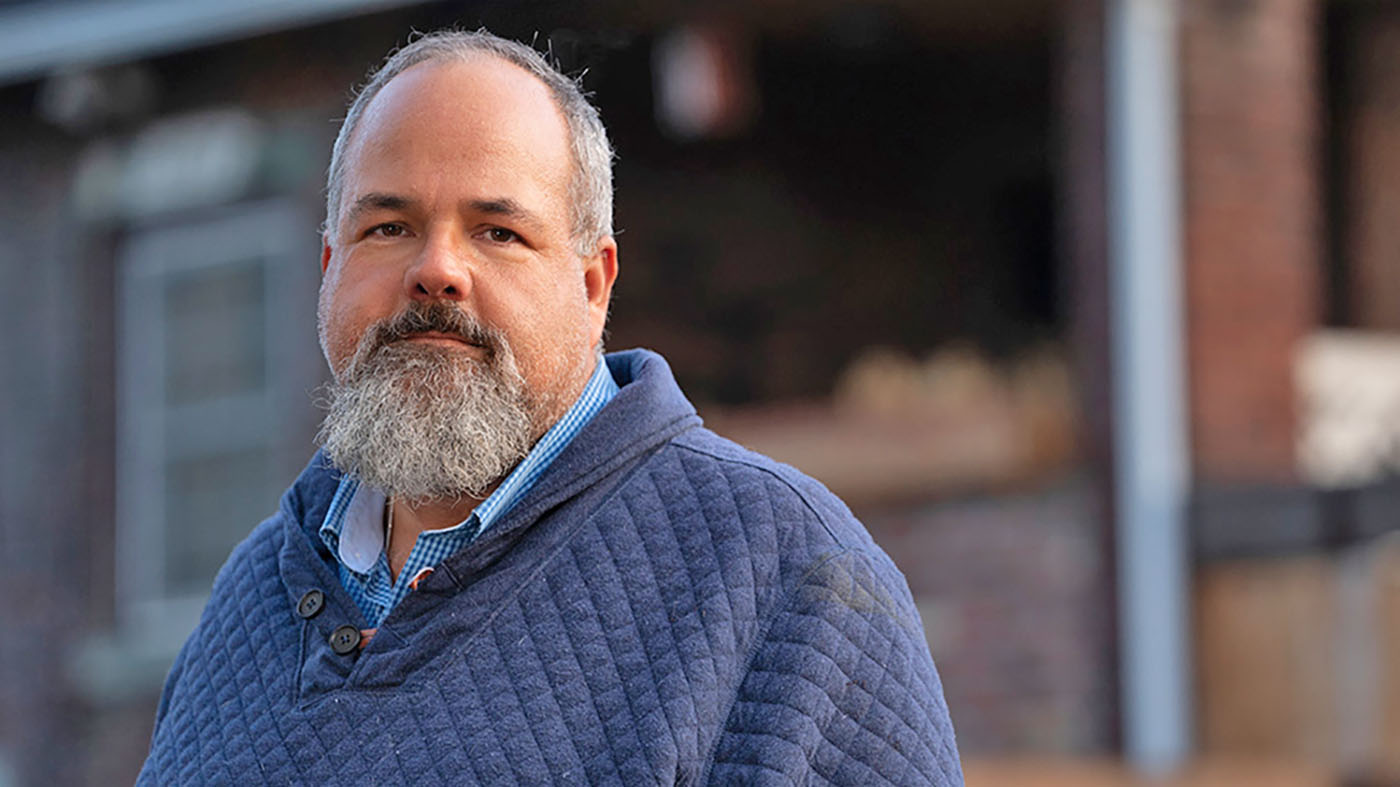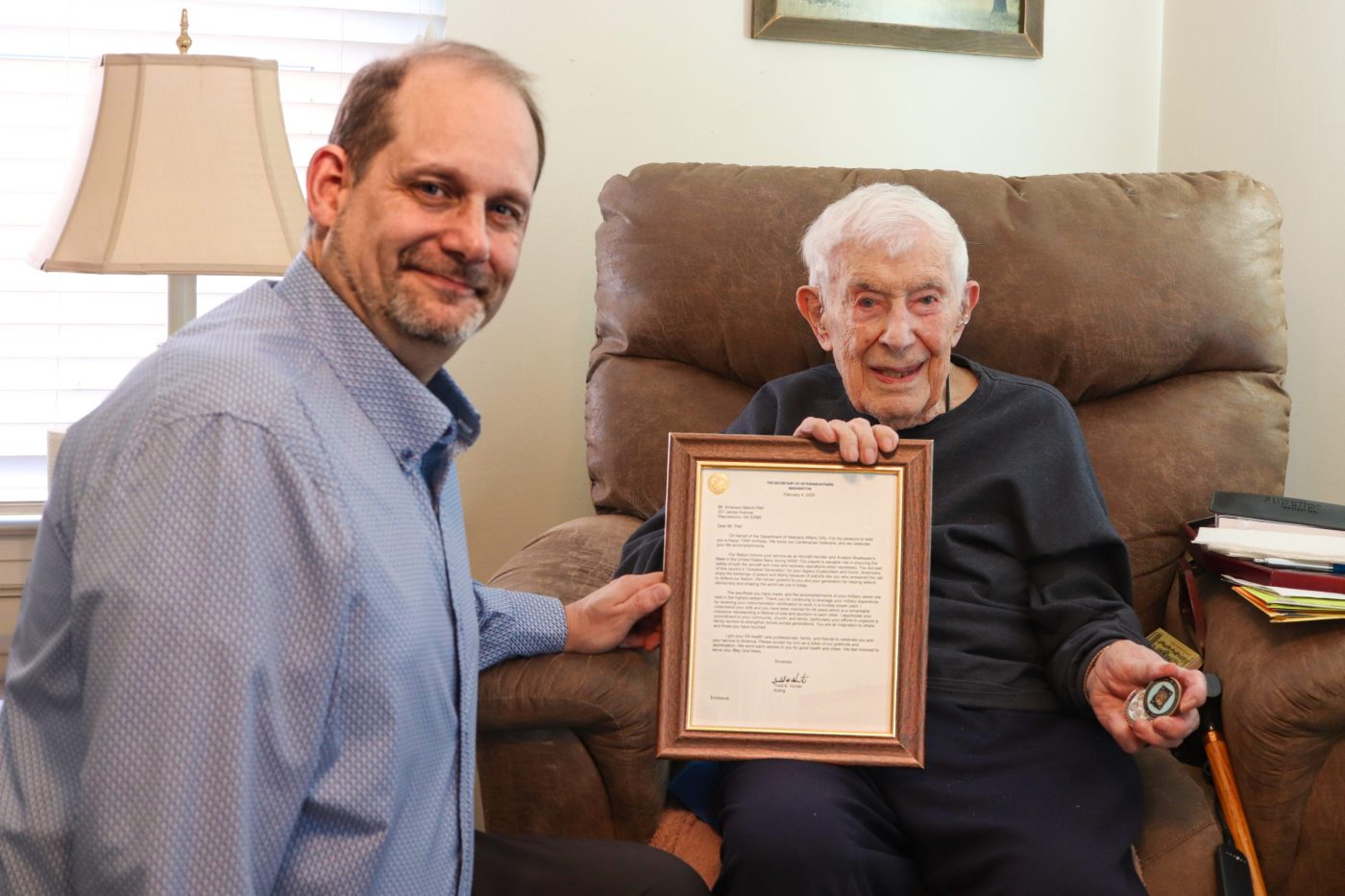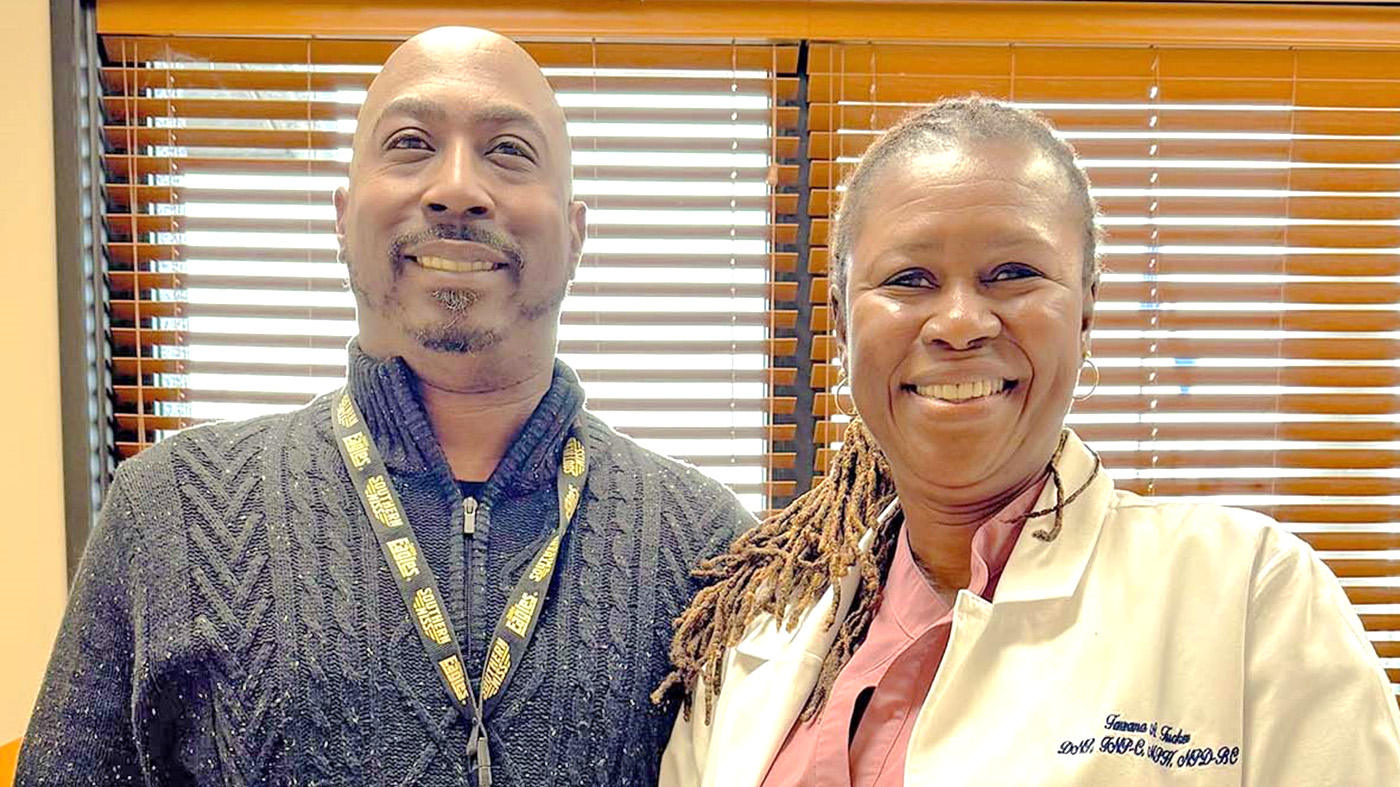Being in the military is all about preparation. You study a mission and train for it. Your superiors make sure you have the right skills, information and equipment. When you’re prepared to face what lies ahead, your chances of success increase.
When it comes to a suicide crisis as a Veteran, the same reasoning applies. Suicide is preventable, and it’s important to think ahead and understand the resources available to help you. You’ve earned access to lifesaving support before a crisis happens.
What we know about suicide
I’ve been involved in the suicide prevention field for decades. Though we’re constantly learning more about suicide, research shows:
- There are often multiple factors involved in suicide risk. When those factors converge, a Veteran can face a suicide crisis.
- Most suicide crises are brief.
- Resources are available so you can be prepared before a crisis happens.
I’d like to focus on these three points to ensure you have the right skills, information and equipment.
Suicide is complex
Suicide has no single cause and no one approach can end it, but prevention is possible.
Prevention includes strengthening protective factors, like expanding access to mental health care, boosting and fostering connection with others and increasing positive coping skills. It also includes reducing risk factors, like securely storing firearms or medications and coping with stressful life events, such as divorce, job loss or the death of a loved one.
Most suicide crises are brief
While thoughts of suicide may linger for months or years, many suicide crises are brief. The key to staying safe is giving thoughts of suicide time to decrease and become more manageable in a time of crisis.
When it comes to particularly lethal methods of suicide, secure storage practices can save a life by increasing the amount of time and space between a person with thoughts of suicide and a firearm, medication or other household risks.
VA resources are available
We have resources to help bolster protective factors to lower your risk for suicide:
- Veterans Crisis Line: Available 24/7, 365 days a year to provide immediate help. To reach qualified, caring responders, Dial 988 then Press 1, chat at VeteransCrisisLine.net/Chat or text 838255.
- Keep It Secure: While firearms and medications are usually handled responsibly, they can become deadly if a Veteran is in crisis or having thoughts of suicide. Keep It Secure has more information on how to keep Veterans and their families safe.
- Safety Plan app: For anyone who has experienced thoughts of suicide, this app will help you identify personal coping strategies and sources of support. While the Safety Plan app can be used on its own, creating your plan with a mental health provider can be helpful. Safety Plan is not intended to replace professional care.
- Veteran Training: This self-help portal provides tools to help Veterans work on problem-solving, manage their anger, develop parenting skills and more. The free tools are based on mental health practices that have proven successful with Veterans and their families.
- Services for your whole health.
- Evidence-based treatments for substance abuse, insomnia, depression, posttraumatic stress disorder, anxiety and couple’s therapy.
- Parenting resources.
- Employment assistance.
- Housing or financial-related services.
Being prepared can save your life
Not every Veteran will face a crisis. And not every Veteran who faces a crisis will have thoughts of suicide. But if you or a Veteran you care about is going through a tough time, you can be ready in case a crisis happens. There are people who want to help and resources ready to support you.
Topics in this story
Link Disclaimer
This page includes links to other websites outside our control and jurisdiction. VA is not responsible for the privacy practices or the content of non-VA Web sites. We encourage you to review the privacy policy or terms and conditions of those sites to fully understand what information is collected and how it is used.
More Stories
When asked if he's a hero, 100-year-old WWII Navy Veteran Emerson Pell gave a short, modest response: “I was just a normal guy.”
A member of the Care Transition Clinic got to demonstrate his I CARE values for an Army Veteran.
When a Veteran explained a diabetic health issue to staff, they scheduled an immediate medical appointment.






It is pleasant to see “Veteran”, capitalized.